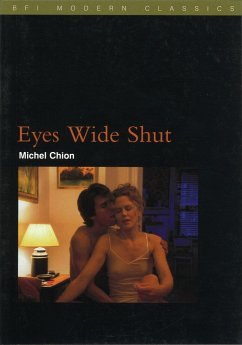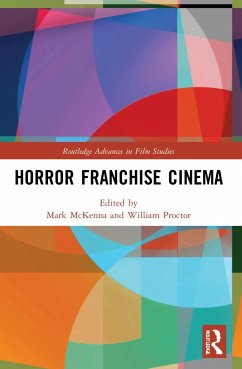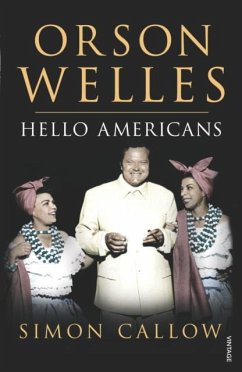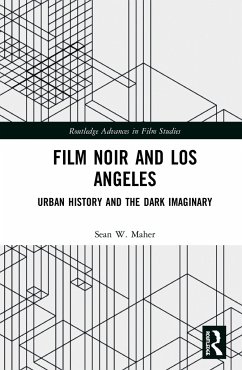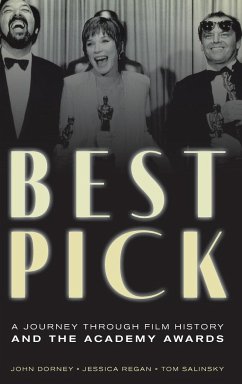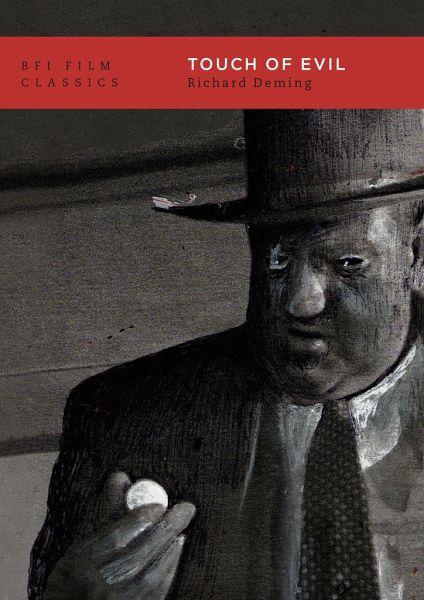
Touch of Evil
Versandkostenfrei!
Versandfertig in 2-4 Wochen
22,99 €
inkl. MwSt.
Weitere Ausgaben:

PAYBACK Punkte
11 °P sammeln!
Orson Welles' classic 1958 noir movie Touch of Evil, the story of a corrupt police chief in a small town on the Mexican-American border, starring Charlton Heston, Janet Leigh and Marlene Dietrich, is widely recognised as one of the greatest noir films of Classical Hollywood cinema. Richard Deming's study of the film considers it as an outstanding example of the noir genre and explores its complex relationship to its source novel, Badge of Evil by Whit Masterson. He traces the film's production history, and provides an insightful close analysis of its key scenes, including its famous opening se...
Orson Welles' classic 1958 noir movie Touch of Evil, the story of a corrupt police chief in a small town on the Mexican-American border, starring Charlton Heston, Janet Leigh and Marlene Dietrich, is widely recognised as one of the greatest noir films of Classical Hollywood cinema. Richard Deming's study of the film considers it as an outstanding example of the noir genre and explores its complex relationship to its source novel, Badge of Evil by Whit Masterson. He traces the film's production history, and provides an insightful close analysis of its key scenes, including its famous opening sequence, a single take in which the camera follows a booby-trapped car on its journey through city streets and across the border.





